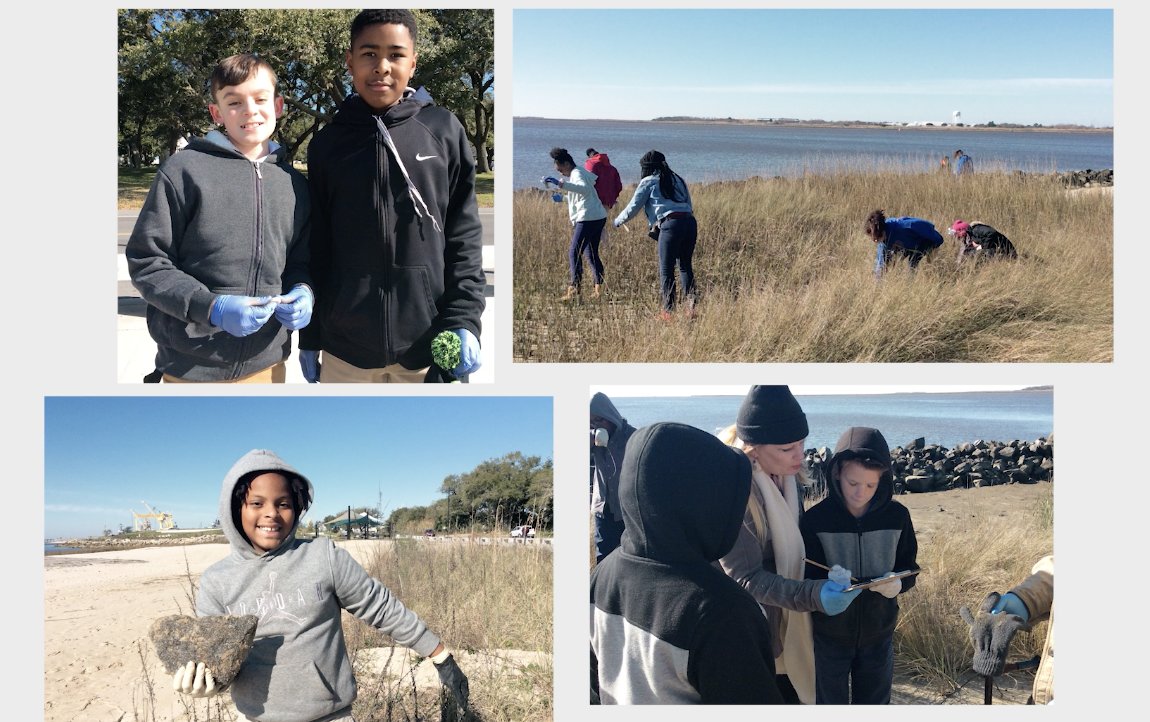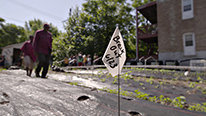September 2021: Partnering Culturally Responsive Teaching and Place-Based Science Education

Expert Panel

Partnering Culturally Responsive Teaching and Place-Based Science Education
Recorded: Sept. 10, 2021 at 12:00 PM Eastern Daylight Time
Description: In recent years there has been increased attention paid to the importance of both culturally responsive teaching and place-based learning (PBE). In this “Theme of the Month”, we make use of a small set of videos from the Multiplex to illustrate some recent efforts in these areas. Our group of panelists, both researchers and practitioners, will use these artifacts and their own expertise to highlight the power generated at the intersection of culturally responsive teaching and PBE.
Discussion
Post your queries and thoughts related to this month's theme below.Related Resources
Place-based science education is fundamentally transdisciplinary and cross-cultural, fostering scientific communication practices needed to address existing and emerging problems while truly involving stakeholders from diverse backgrounds.
The NorthBay Adventure Center offers five-day residential programs that meld environmental and character education using experiential techniques and multi-media messaging. This article explores the influences of these programs on urban and non-urban middle-school participants in three areas: character development and leadership; environmental responsibility, and attitudes toward school. The authors found significant positive short-term effects on all outcomes of interest.
In this post, we explore the concept of culturally responsive teaching, compare it against traditional teaching models, and offer a number of strategies that you can use to incorporate the approach into your own methods.
Place-based education (PBE) immerses students in local heritage, cultures, landscapes, opportunities and experiences, using these as a foundation for the study of language arts, mathematics, social studies, science and other subjects across the curriculum. PBE emphasizes learning through participation in service projects for the local school and/or community.





Anna Lees
What aspects of land education are driving your work and how are you engaging this with community? What has been exciting in your developments and/or what challenges are you continuing to work through?
Abdelfattah Jabrane
Good job. The data of district like ecomical industrial or cultural must be shared in a plateforme for school use. So teacher can find easily what they need. Reducing time to go search in google or doing local visit to gather informations that sometimes not free.
I think that this will boost learner enthousiasm and curiosity and improve their academical achievement.
Roberta Hunter
What a great panel and discussion! I liked Anna's point about making the boundary between research and practice more permeable. How do we go about more collaborative teaching and learning that honors culture and place?